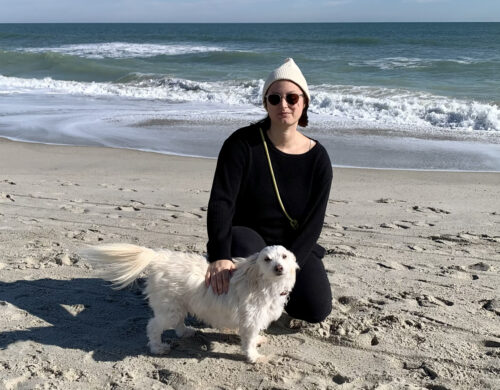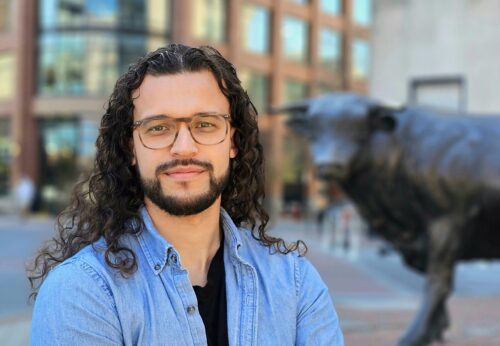Raj Chaudhary
CEO, SEWA-AIFW
When Raj Chaudhary moved to Minneapolis in 1968 to become a cancer researcher at the University of Minnesota, she felt like a pioneer. At that time, the Twin Cities’ Indian community was small. And as it grew, newcomers would frequently tap earlier arrivals like Chaudhary and her husband for assistance. “They felt more comfortable coming to us for help with immigration services, healthcare referrals and even domestic violence support,” she says. “We understand their culture and background.”
After her two sons and daughter left for college, Chaudhary decided to make this assistance formal. In 2004, she founded the nonprofit SEWA-AIFW. SEWA means “to serve” in Hindi, and AIFW stands for Asian Indian Family Wellness. “It all started with domestic violence,” Chaudhary said. “A woman came in and said to me, ‘Where were you when I needed you four years ago?’ and I resolved that day to be there for women as well as the community.”
SEWA partnered with existing organizations to offer services and secured grant funding to cement the organization’s own infrastructure and staff. Today, they operate a 24/7 crisis line, offer free culturally-specific resources and health clinics and provide mental health and legal referrals. The organization is able to assist over 82,000 people a year across Minnesota’s broad South Asian community and works in collaboration with the Minnesota Department of Health, the Minneapolis Health Department and other public and private entities.
Still, Chaudhary says the city could take further steps to help South Asian immigrants integrate. Government informational brochures are translated into Spanish, Vietnamese and Chinese, but South Asian languages aren’t available. There’s also a strong need for culturally specific mental health services and children’s services. “Our mission of “Total Family wellness” aligns with the city government’s mission to address climate change, dismantle institutional injustice and close disparities in health,” Chaudhary says. “Together, we can bring programs that close the gap in services. Healthy families are happy families.”




